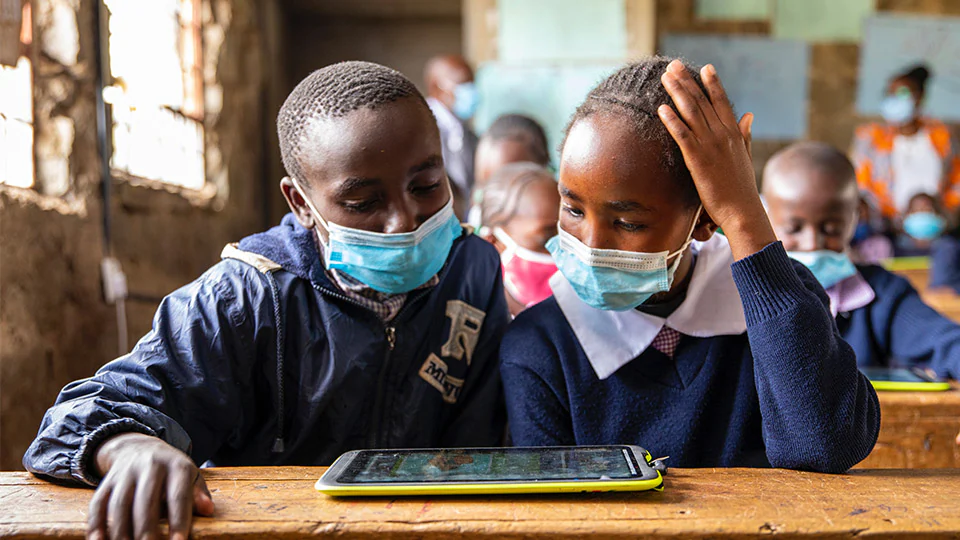advertisement
Huawei Brings Connectivity to Kenyan Schools

In a significant stride towards ensuring equitable digital access, Chinese information and communication technology giant, Huawei, has embarked on an initiative to connect special needs schools in Kenya to the world of the internet. The announcement was made by Huawei Kenya’s Deputy CEO, Steven Zhang, marking a pivotal moment in the company’s efforts to enhance learners’ connectivity and educational experience.
In a statement released on Wednesday, Zhang revealed that Huawei is amplifying its commitment to empowering learners by linking them to the national fiber optic cable. This initiative is set to roll out in the second phase of the Digischool program, which aims to foster a technologically enriched learning environment across a total of 16 primary and secondary schools.
“The Digischool project has been designed to enhance the learning experience for students across schools in Kenya and to improve the overall administration of these institutions,” Zhang expressed the company’s dedication.
advertisement
The initial phase of the Digischool program was instrumental in connecting 13 schools to the National Fiber Optic Cable, marking a significant milestone in Huawei’s mission to bridge the digital gap.
“Following the completion of the Digischool program’s first phase in which 13 schools were connected to the National Fiber Optic Cable, will now prioritize and expand school connectivity to further enhance education quality, accessibility, and equity,” Zhang stated in a statement.
Huawei has had a rich history of contributing to the nation’s network infrastructure across the country for the past 25 years. Huawei is committed to ensuring that the potential of every student is nurtured, setting them on a trajectory toward success in the evolving digital economy.
advertisement
The essence of the Digischool program is to provide a channel through which learners can acquire essential digital skills that are necessary in the model world. The Digischool program has also created many unplanned benefits such as inter-school support and student access to international competitions. In addition, school administrators significantly benefit from online access, especially from communicating with parents and school Internet parents and the local communities are also able to use the Internet access points in these schools.
It’s inspiring to see Huawei’s DigiSchool program is making significant strides towards ensuring equitable digital access for learners, especially in special needs schools in Kenya. This initiative truly resonates with the mission of DELIC (Digital Education in Low-Income Communities) to bridge the digital gap and promote digital inclusion in low-income communities.
Given the success and impact of Huawei’s DigiSchool program, I believe there’s a valuable opportunity for partnership between Huawei and DELIC to replicate this idea in low-income communities in Nigeria. By leveraging Huawei’s expertise in network infrastructure and educational technology, combined with DELIC’s local knowledge and community engagement, we can extend the benefits of digital connectivity and enriched learning experiences to underserved schools and students in Nigeria.
Through this partnership, we can prioritize school connectivity, enhance education quality, and ensure accessibility and equity for all learners. By providing learners with essential digital skills and fostering a technologically enriched learning environment, we can empower them to thrive in the digital economy and contribute to the sustainable development of their communities.
I look forward to exploring the possibilities of collaboration between Huawei’s DigiSchool program and DELIC to make a meaningful impact on education and digital inclusion in Nigeria.